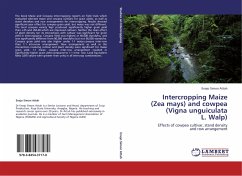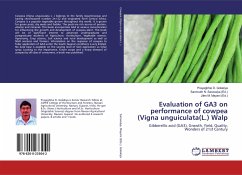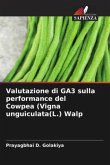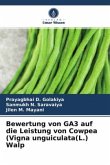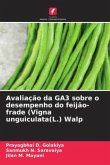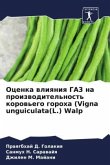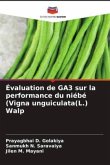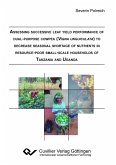The book Maize and Cowpea Intercropping reports on field trials which evaluated selected maize and cowpea cultivars for grain yields, as well as stand densities and row arrangements for intercropping. Results showed significant year effect for cowpea grain yield, but maize was not different. The local cowpea variety 'ileje' produced significantly higher grain yield than L-25 and IAR-48 which are improved cultivars. Neither the main effect of plant density nor its interactions with cultivar was significant for grain yield in intercropping. Cowpea Yield was highest at 40,000 stands/ha, and was significantly different from 80,000 stands/ha but not 66,000 stands/ha. Cowpea grain yield was also higher under 1:1 maize:cowpea inter-row than 1:1 intra-row arrangement. Row arrangement as well as the interactions involving cultivar and plant density were significant for maize grain yield. 1:1 maize- cowpea inter-row arrangement resulted in significantly higher grain yield compared to 1:1 intra- row. Land Equivalent Ratio (LER) values were greater than unity in all intercrop combinations.
Bitte wählen Sie Ihr Anliegen aus.
Rechnungen
Retourenschein anfordern
Bestellstatus
Storno

